A Short Guide to Spiritual Formation:
Finding Life in Truth, Goodness, Beauty, and Community
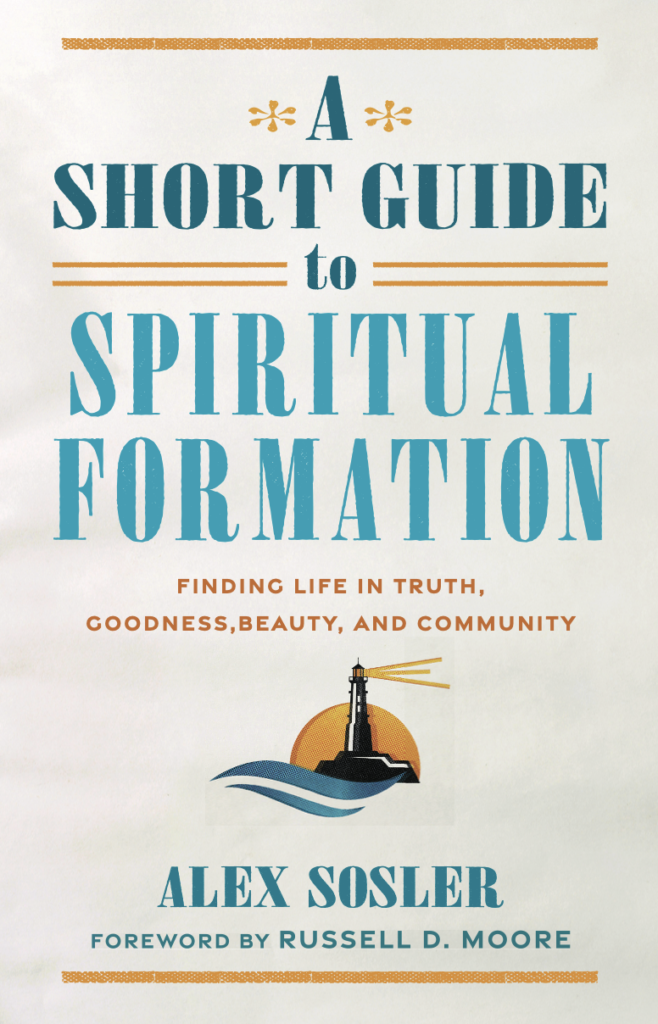
ORDER HERE
n a society always seeking the new and novel, Christians can become more grounded and mature through a retrieval of our common tradition. Alex Sosler sets forth the “transcendentals” of truth, goodness, and beauty–along with community–to help readers follow the way of Jesus.
Weaving together church history, theology, and devotional practice, Sosler offers a holistic introduction to spiritual formation, encompassing biblical truth, the pursuit of the good life, the contemplation of God, and communal belonging. Each section includes a biblical and historical precedent for the tradition and highlights an exemplar from church history: Augustine on truth, Dorothy Day on goodness, Teresa of Ávila on beauty, and Dietrich Bonhoeffer on church commitment and community.
Endorsements
“Spiritual formation with substance and depth! Alex Sosler gives a thick account of Christian growth in holiness and wholeness shaped by a biblical-theological-ecclesial vision of truth, goodness, beauty, and community. Anyone who’s sung the Augustinian cri de coeur of Bono’s ‘I still haven’t found what I’m looking for’ but found the modern spiritual formation literature too light and fluffy will be glad for this winsome retrieval of classical theology in service to a practice of discipleship that can take shape in real communities. This is one to read, mark, learn, and inwardly digest and then share with another pilgrim on the way of the restless heart.”
—Alex Fogleman, assistant research professor of theology, Institute for Studies of Religion, Baylor University; director, Catechesis Institute; author of Knowledge, Faith, and Early Christian Initiation
“A Short Guide to Spiritual Formation is a true retrieval, rooting Christian practice in the wider Christian tradition while remaining attentive to the needs and questions of the present moment. This fresh account of Christian spiritual formation will captivate students and seekers while reminding seasoned leaders of the many gifts that the Christian tradition offers to our weary souls.”
—Kaitlyn Schiess, author of The Ballot and the Bible: How Scripture Has Been Used and Abused in American Politics and Where We Go from Here
Learning to Love:
Christian Higher Education as Pilgrimage
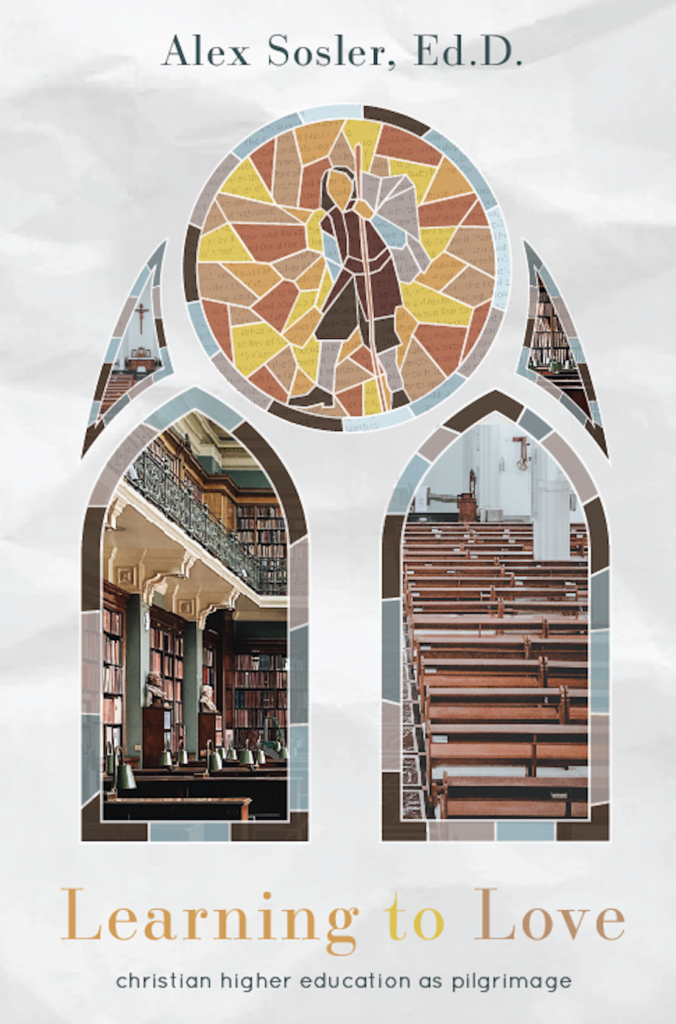
Overview:
Oftentimes, students enter the classroom bored and disinterested, because they’ve never been given a vision of education worth pursuing. In Learning to Love, Alex Sosler provides a rich vision of college by rooting education in love and affection. Sosler bridges the gap between the Christian faith and academic learning by encouraging students to love deeply and widely. College, first and foremost, is about becoming a certain type of person–one full of charity, wonder, and wisdom.
Endorsements
While providing a concise, accessible, and clear overview of the historical developments within higher education, Solser offers a winsome and wise case for the reorientation of the Christian college and Christian higher education. I know that board members, administrators, faculty members, parents, and students will all find this important proposal to be quite helpful. I am happy to recommend Learning to Love
–David S. Dockery, Ph.D. President, International Alliance for Christian Education
So many of the best books on Christian learning were written long ago, but we need living authors to gloss those texts to make their meaning clear for us now. Alex Sosler’s Learning to Love reminds us of the journey that is education: life-long, full of joy, love, and other people. If you’re entering college or you know someone who is, this book should act as an invitation to the pilgrimage that is Christian education.–Jessica Hooten Wilson, Ph.D.
For people launching into college, and from college into the world, here is an intriguing guide to consider what that education is about, and to embrace it responsibly. Appropriately central is the theme: we love in order to know. The goal of college is to cultivate lovers—lovers of the real. –Esther Lightcap Meek, Ph.D. Author of Longing to Know: The Philosophy of Knowledge for Ordinary People; Loving to Know: Introducing Covenant Epistemology; and A Little Manual for Knowing.
Theology and the Avett Brothers
The Avett Brothers sing of a spiritual yearning present in modern culture. Without being overtly religious, theological underpinnings are prevalent in their music. The contributors in this book delve into the Avett Brother’s explicit and implicit theology with an eye on how they help make sense of our secular age. Theology and the Avett Brothers offers a rich contemplation on how these brothers from North Carolina help listeners navigate the religious consciousness of today’s world, exploring themes like the good life, virtue formation, empathy, ministry models, and dying.
Discount Code: LXFANDF30
In Progress:

The Artistic Vision:
Cultivating a Sacramental Imagination for Artistic Practice
Co-authored with Gary Ball
There are two ways that the modern art world is fragmented. Either the focus is on the material alone or the material does not matter but it is only the meaning or spiritual reality behind the material. We label these misconceptions “Mere Materialism” and “Superficial and Sentimental Spirituality.”
We will contend that the primary way to address the gap between material and spiritual, faith and practice is a sacramental imagination: seeing through the material to the spiritual but honoring and recognizing both. When God gives us a sacramental imagination, we grow to see the way earthly images conceal and reveal deeper spiritual realities. As the spiritual perception of the material world increases, artists should begin to take a more symbolic approach in their art. Just as Christ uses images in the parables and throughout creation to veil truths until we are fit to receive them, in participation with God, the Christian artist adopts an analogical mode of interpretation. A symbolic view should deepen “Christian Art” as we know it, drawing observers into contemplation of the images we portray, and subsequently, condition their perception of God in the world.
Cascade Books (Fall 2024)
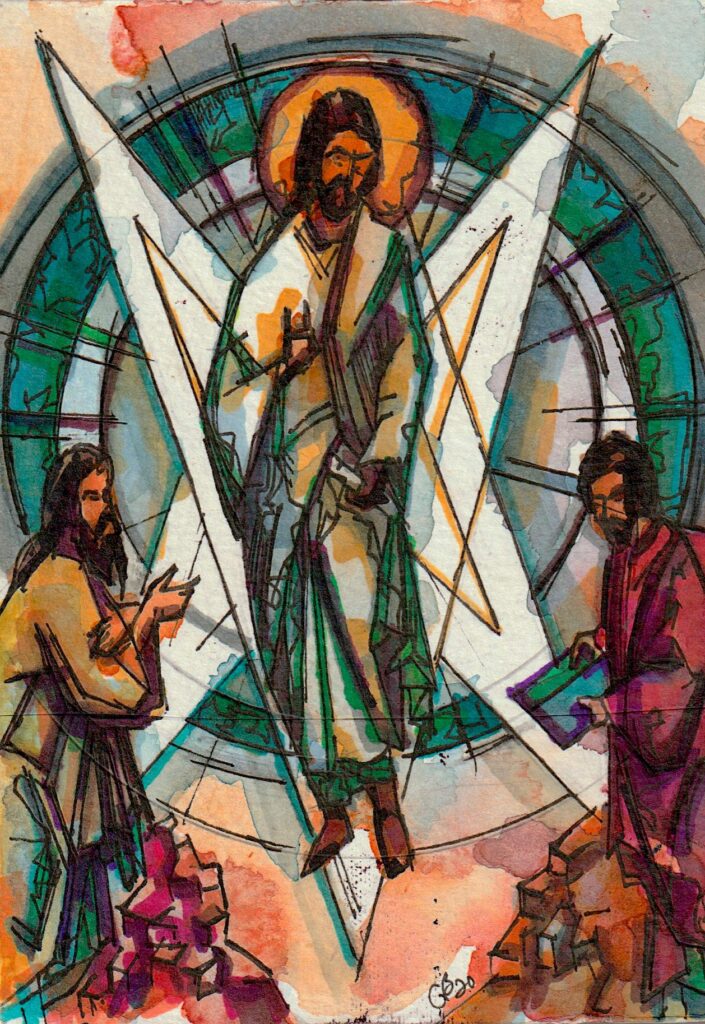
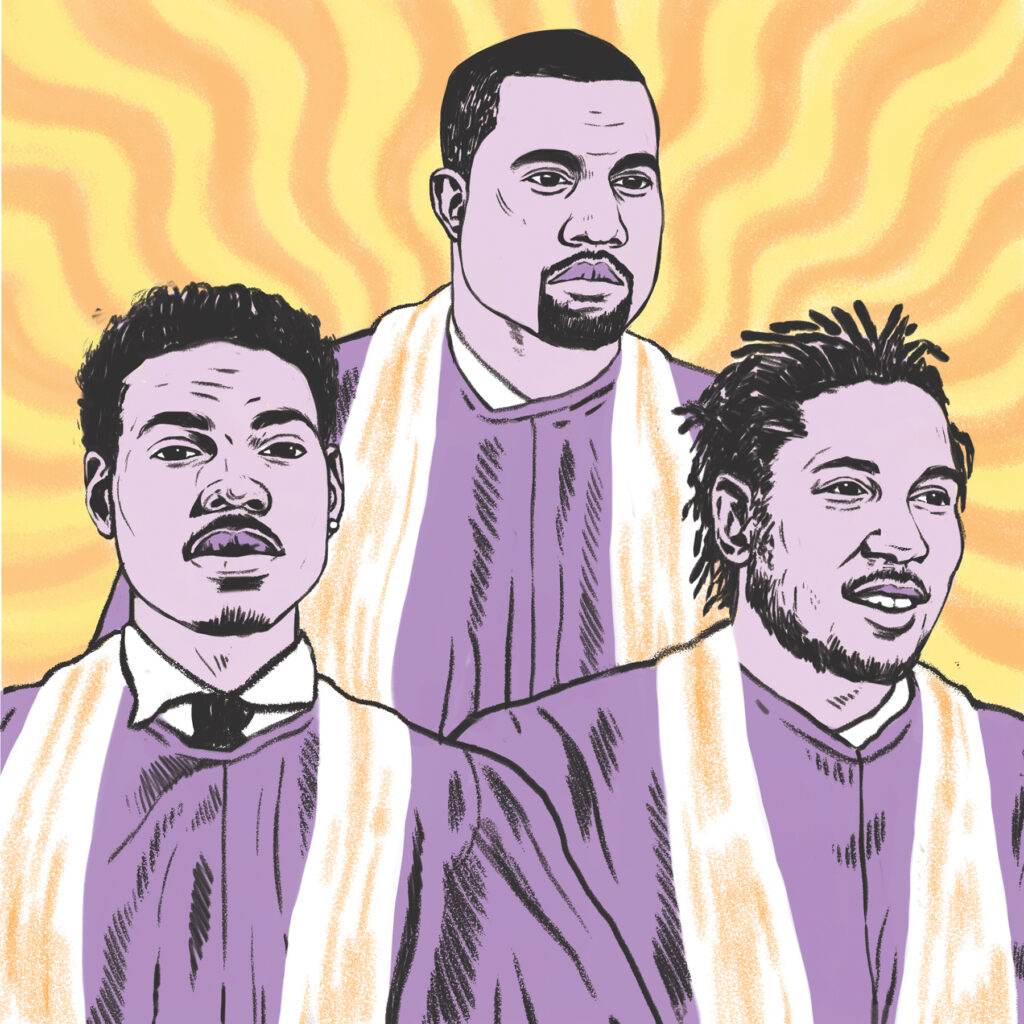
Theology and Hip Hop: Only the Lover Raps
Co-edited with Claude Atcho
A compilation of senior scholars, junior scholars, and practitioners, Theology and Hip Hop is an accessible and compelling introduction to the world of hip-hop for Christians. Part cultural theology, part art criticism, the contributors are investigating the questions: what do we make of the world we have made? How are we to think about the lived theology of black and brown neighbors? How can hip-hip artists help to see the world more truly? As such, we don’t assume a sacred-secular divide but want to help listeners discern the sacred even when it’s difficult to hear. The emergence of hip-hop artists in the last ten years who speak with theological and redemptive themes makes this volume a needed and timely contribution to the area of theology and the arts. This volume contains black and brown voices who have been formed by hip-hop culture and therefore are speaking from within that culture rather than dominated by voices commenting on hip-hop culture.
Chapters in Edited Collections
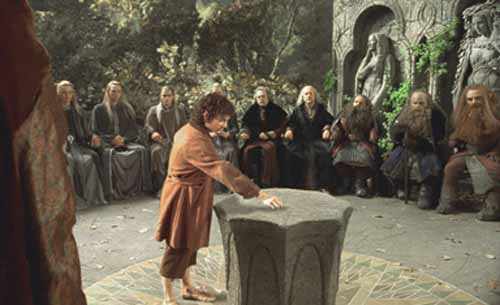
Culture Wars and Lord of the Rings: Models of Christian Engagement
In Theology and J.R.R. Tolkein
In this chapter, I propose that each race (humans, elves, dwarves, and hobbits) have a different posture toward power and how to steward it, but it is only in coming together and sacrificing power that each properly relates to power in order to defeat of evil.
Desire and the Spiraling of Sin: Evaluating Walter White and Saul Goodman through an Augustinian Lens
In Theology and Breaking Bad
The television series “Breaking Bad” and “Better Call Saul” features the narratives of a high school chemistry teacher turned drug kingpin, Walter White, and a corrupt lawyer, Saul Goodman. While each have good desires–Walter White wanting to provide for his family and Saul Goodman trying to make his elder brother proud–each end up in places they never imagined. Isn’t that how sin works? I use St. Augustine’s theology of desire and disorder to evaluate each character.
In Progress

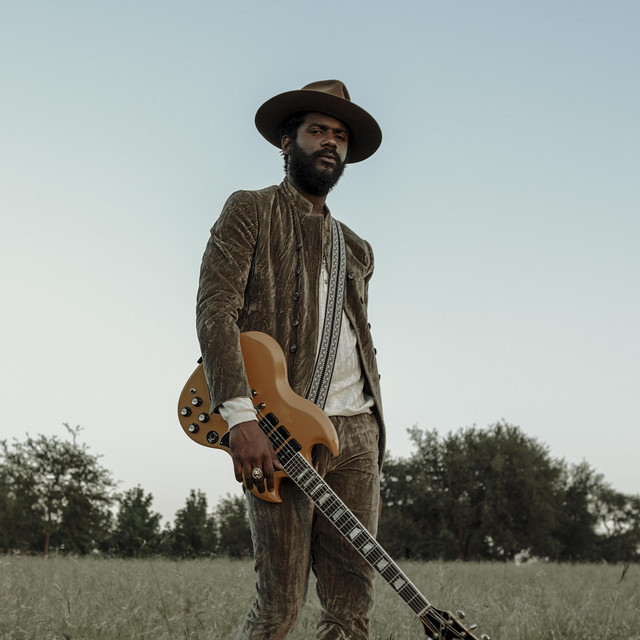
“Love and Liberation: Listening to Glary Clark, Jr. with St. Augustine and James Cone”
In Theology and the Blues (Fortress/Lexington Press)